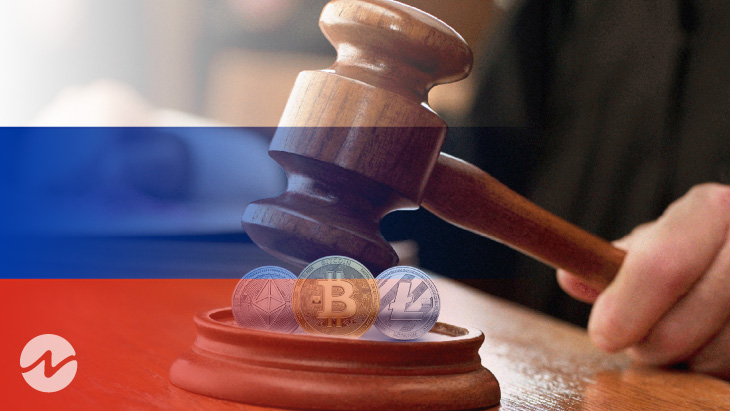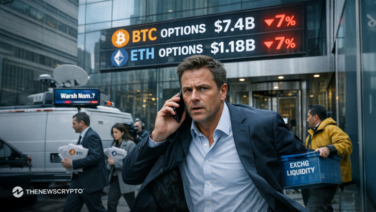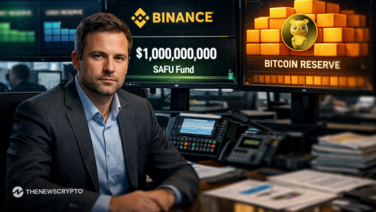- More than 11,000 financial institutions now rely on the SWIFT payment network.
- It is crucial for global finance since there is no acknowledged alternative.
It seems that the Kremlin is terrified of being cut off from the global financial system as Western nations threaten Russia with an unprecedented sanctions package to deter Vladimir Putin from launching an invasion of Ukraine.
Over the last several weeks, US politicians have proposed that Russia may be withdrawn from the high-security SWIFT payment network. As a response, senior Russian legislators have said that exports of oil, gas, and metals to Europe would cease if this were to take place.
Nikolai Zhuravlev, the vice-speaker of Russia’s upper house of parliament, said:
“If Russia is disconnected from SWIFT, then we will not receive [foreign] currency, but buyers, European countries in the first place, will not receive our goods — oil, gas, metals and other important components.”
More than 11,000 financial institutions now rely on the Society for Worldwide Interbank Financial Telecommunication (SWIFT). In order to exchange secure communications and payment orders, replacing the telex that had been in use since 1973. It is crucial for global finance since there is no acknowledged alternative.
Iran Lost Over Half of its Oil Export Earnings
For Russian enterprises and their overseas clients, removing Russia from SWIFT would be an unexpected shock. Making it practically difficult for financial institutions to transmit money in or out of the country. Many crypto fans and analysts anticipate that oil and other goods prices will be done in Bitcoin if Russia is banned from SWIFT. Take a look at the tweet.
If Russia is blocked from SWIFT we may see oil priced in #Bitcoin much sooner than we thought possible.
— Dennis Porter (@Dennis_Porter_) January 27, 2022
After the European Union imposed sanctions on Iran over its nuclear program. SWIFT removed Iranian banks from its network. According to reports, after disconnect, Iran lost over half of its oil export earnings and 30% of its international commerce.








